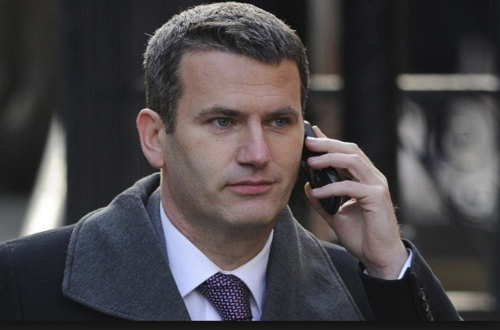This is a cross-post by Joseph Weissman
Fidel Castro has made headlines today for “passing on a message to Ahmadinejad” through Jeffrey Goldberg’s Atlantic blog that theological anti-Semitism is a really silly thing, and deeply ingrained in the global consciousness. But this is not really news.
Nowhere in the article does Castro directly address Ahmadinejad. It seems that Goldberg wants to make Castro’s views somehow relevant for the current situation between Iran and Israel.
Here’s the key quote:
I asked him if he would tell Ahmadinejad what he was telling me. “I am saying this so you can communicate it,” he answered.
Not exactly a direct message to Ahmadinejad. You get the feeling that if Fidel Castro really wanted to say something politically relevant about Iran, he wouldn’t use a liberal blog to convey his message – given how much mayhem Yoani Sanchez has caused the Castro regime.
Here’s are some of Castro’s thoughts on Jews from the 1985 book Fidel y la religión (via Dana Kaplan):
Holy Week in the countryside—I remember them from when I was very young—were days of solemnity; there was great solemnity. What was said? That Christ died on Good Friday. You couldn’t talk or joke or be happy, because Christ was dead and the Jews killed him every year. This is another case in which accusations or popular beliefs have caused tragedies and historic prejudices. I tell you, I didn’t know what that term meant, and I thought, at first, that those birds called judíos had killed Christ.
Castro repeated these thoughts in a speech before an audience of Jews and evangelicals in Havana in April 1990:
I remember that almost all the education in religious matters that was promoted with the people–not only with us in school but with even the poor people– everything related to the Holy Week, the myths of Holy Week; I remember–and I have talked about this–they talked to us about the Jews. We did not even know who the Jews were. They said they were the worst people in the world, that they had killed God. Since I reached the age of reason, we had to be quiet at home during Holy Week. [audience laughs] We had to be still; there was total mourning because God had died.
God died on Holy Friday, then came the resurrection and all those things. As I told Frei Betto in that book–I believe it is included in Frei Betto’s book–I thought Jews were black birds that make a lot of noise and live in the countryside. So for me they were [words indistinct] Imagine this in the Middle Ages, and this type of belief inculcated in a fanatical way. This would explain many of the problems that have developed throughout history: pogroms, persecution of the Jews.
This book on Fidel and religion was written as a dialogue between Castro and the Brazilian liberation theologian Frei Betto.
Given Castro’s uncompromising stance on religion, some critics saw the book as a cynical attempt to engineer support from Latin American Christians sympathetic to liberation theology. Four years afterwards, Betto (aka Cardinal Carlos Alberto Libanio Christo) drew criticism from conservative clergy in Brazil for his expressed support of the Castro regime. Betto has since cited the supposed “life of luxury” of Yoani Sanchez as proof that Cuba is actually quite a free country.
Intriguingly, Betto is now the spiritual mentor of Brazil’s president Lula, and has overseen a number of admirable social projects – most importantly the Zero Hunger programme.
If Fidel Castro wanted to pass on a message about theological anti-Semitism to Ahmadinejad, then someone like Frei Betto would be his preferred channel – especially given the developing friendship between Lula and Ahmadinejad.
But surely Fidel wouldn’t pass on progressive messages through a liberal blogger. That’s just not his style.


